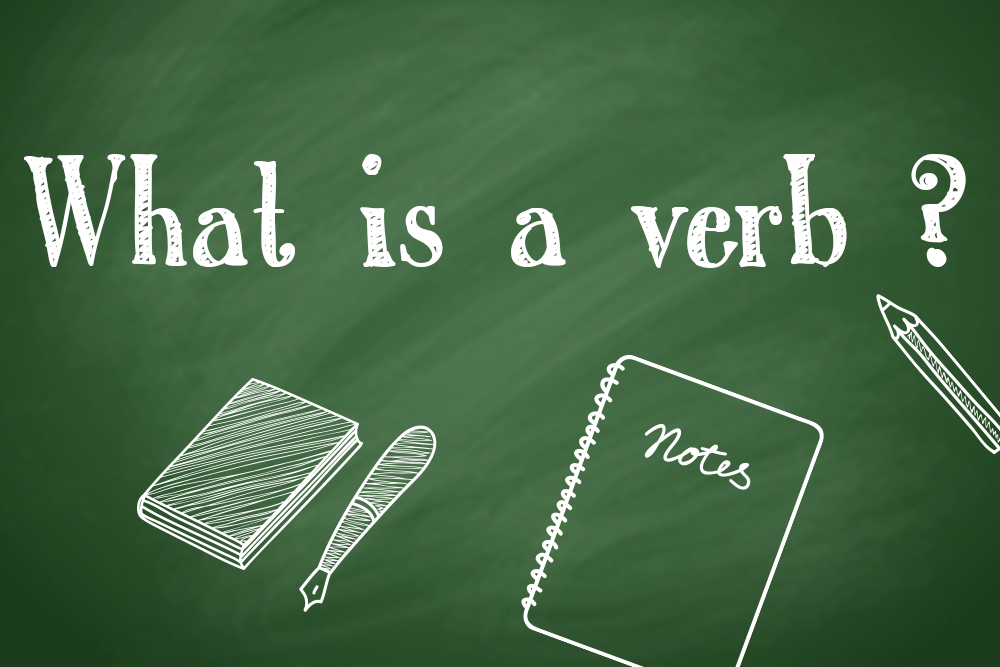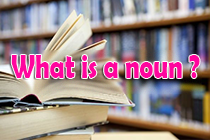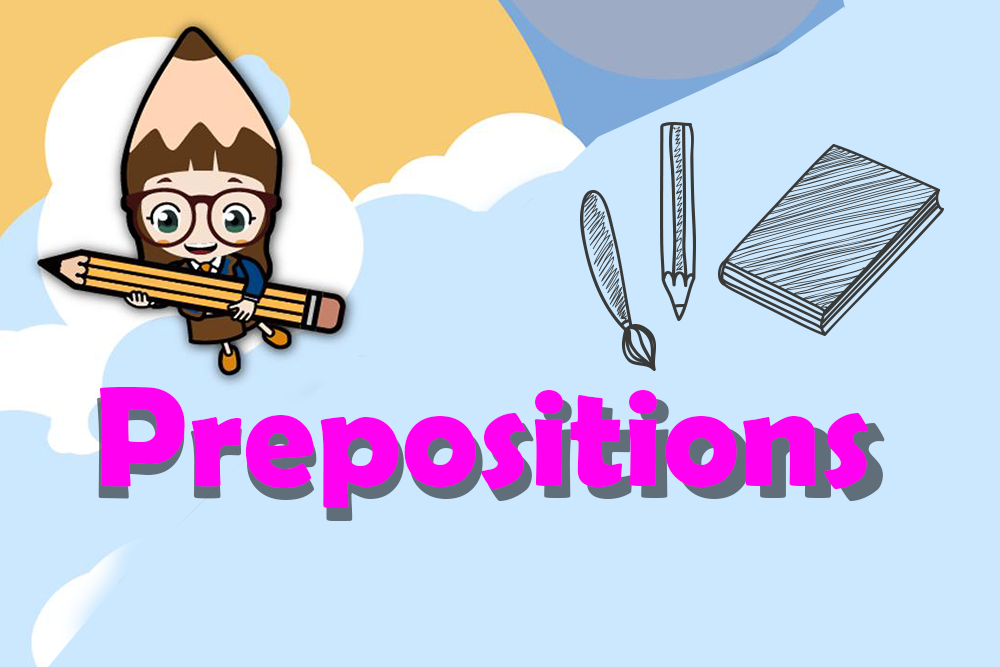What Is a Verb?

What is a verb? Songs, poems and language teachers throughout history have attempted to explain verbs to us. A verb is an action word, Luv Is a Verb, Everything’s a Verb, where does it end? The concept of verbs is sort of a tricky one to grasp, and then once you do, verbs only get more confusing. But let’s just start with the basics and go from there, shall we?
Defining a Verb
A brilliant professor once said that “a verb is a word that does verb-y things.” He said the same thing about nouns (they do noun-y things) and other parts of speech as well, and while it’s not a very concrete or satisfying definition, it’s probably the best one out there.
You see, the way English works is that every word sits in a specific place and plays a specific role in a sentence. And even though a word might not really even be a real word, if it’s playing the role of the verb, then it’s a verb. Look at these examples:
- As I phlomoggled my yard, I accidentally shallimped two birds.
- Jack pazotors as often as he can.
- They couldn’t believe she had never chorstined before.
- This time next week, we’ll be forrisking through the jungle!
If you speak English fairly well, you can identify the verbs in those sentences even though they aren’t real words. You can do this because they are doing verb-y things. They have -ing, -ed and -s endings depending on when they happen and who is doing them. They also follow the subjects of the sentences and appear next to adverbs. And even though we don’t know what they mean, they somehow convey action. They behave like verbs.
Action Verb
Most verbs are action verbs (also called dynamic verbs) – things you can do, things you can ask someone to demonstrate, things “Simon” tells you do when you’re playing “Simon Says.” Hop, skip, pat your head, make a pair of moccasins – these are all action verbs.
Stative Verb
Stative verbs are much subtler and more difficult to identify as verbs. They describe a position or property, they have no duration, no beginning, and no end. They do not show any action, so if “Simon” tells you to do one, it is impossible for him to know whether or not you are doing it.
The stative verbs used in English are:
- astonish - The magician astonished the crowd.
- be - I am what I am. He is a fool. I was a fool; then I met you.
- believe - Do you believe in life after love?
- belong - You don’t belong to this world.
- concern - This conversation doesn’t concern you.
- consist - The protein shake consists of raw eggs, milk, pureed tuna and vanilla extract.
- contain - This box contains all my bowling trophies.
- depend - We’re depending on you.
- deserve - You deserve everything you get in life.
- dislike - I dislike humidity.
- doubt - I doubt we’ll hear from him.
- feel - I feel dead inside.
- fit - My senior prom dress still fits.
- hate - She hates eating contests.
- have - We have a problem.
- hear - Do you hear what I hear?
- imagine - Imagine no possessions; it’s easy if you try.
- impress - You’ve impressed us all with your talent.
- include - Her hatred of eating contest includes hot dogs and pizza.
- involve - Eating contests involve open-mouthed chewing.
- know - I know you.
- lack - If any of you lacks anything, ask for it.
- like - I like to eat apples and bananas.
- look - He looks fat on TV.
- love - He loves billiards.
- matter - Nothing else matters.
- mean - What do you mean?
- mind - I don’t mind it at all.
- need - I don’t need my dog.
- owe - I owe you $20.
- own - You’re what you own.
- please - Please please me.
- possess - You possess my soul now, honey.
- prefer - I prefer dogs to cats.
- promise - Every word I say is true; this I promise you.
- realize - If you’d just realize what I just realized, then we’d be perfect for each other.
- recognize - I didn’t recognize you with that beard.
- remember - You don’t remember me.
- satisfy - Snickers satisfies.
- see - I see clearly now that I have my new glasses.
- seem - She seems nervous.
- smell - The beach smells terrible at low tide.
- sound - It sounds great!
- suppose - I suppose we can stop for ice cream.
- surprise - He surprised me with tickets to New York!
- taste - The food tastes delicious.
- think - I think she’s the best singer.
- understand - I don’t understand.
- want - I want you to want me.
- weigh - He weighs 150 pounds.
- wish - I wish I may, I wish I might have this wish I wish tonight.
Verbs are words that show action or a state of being, but more importantly, they are a word that acts like a verb.
DU HỌC UNIGLOBE
10/3 Nguyễn Thị Minh Khai, Phường Đa Kao, Quận 1, TP.HCM
ĐT: (08) 35 173 345 – 35 173 678
Email: info@uniglobe.edu.vn
Website: www.uniglobe.edu.vn






bình luận